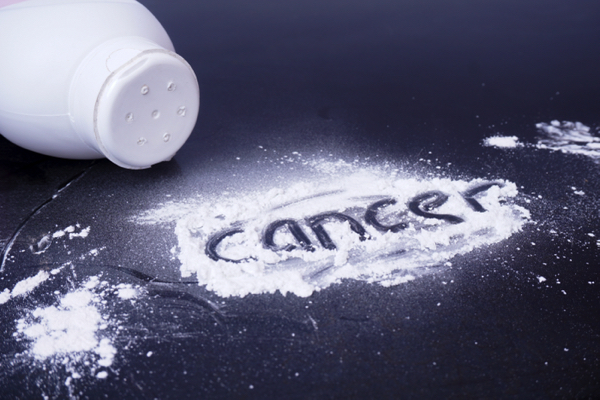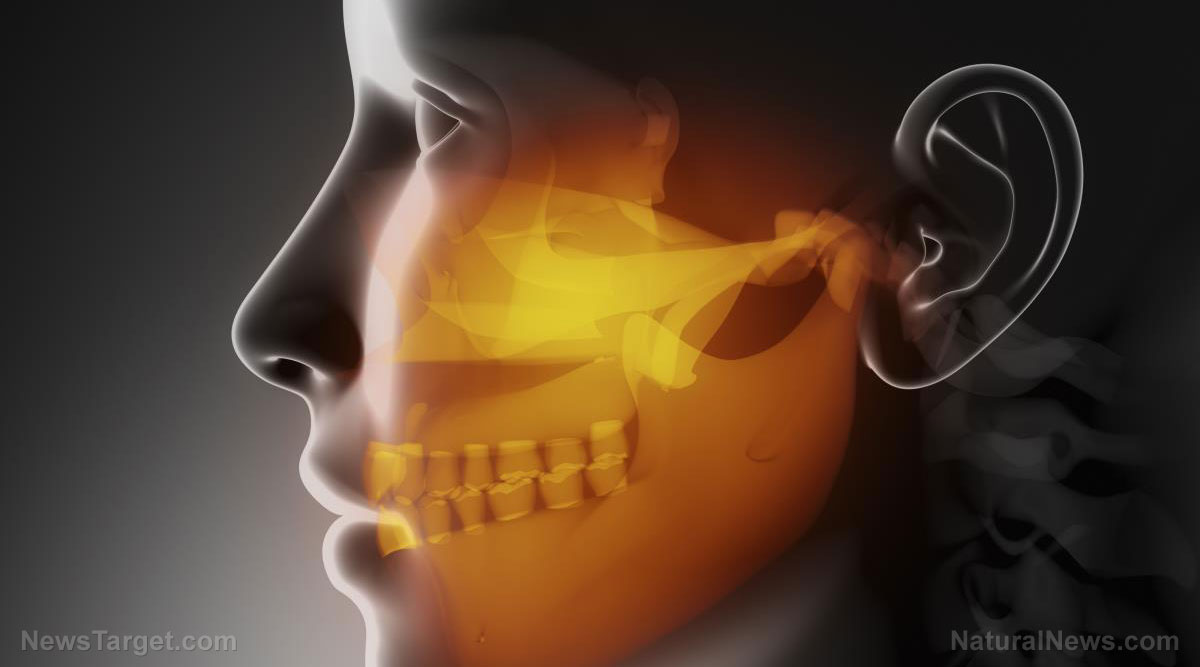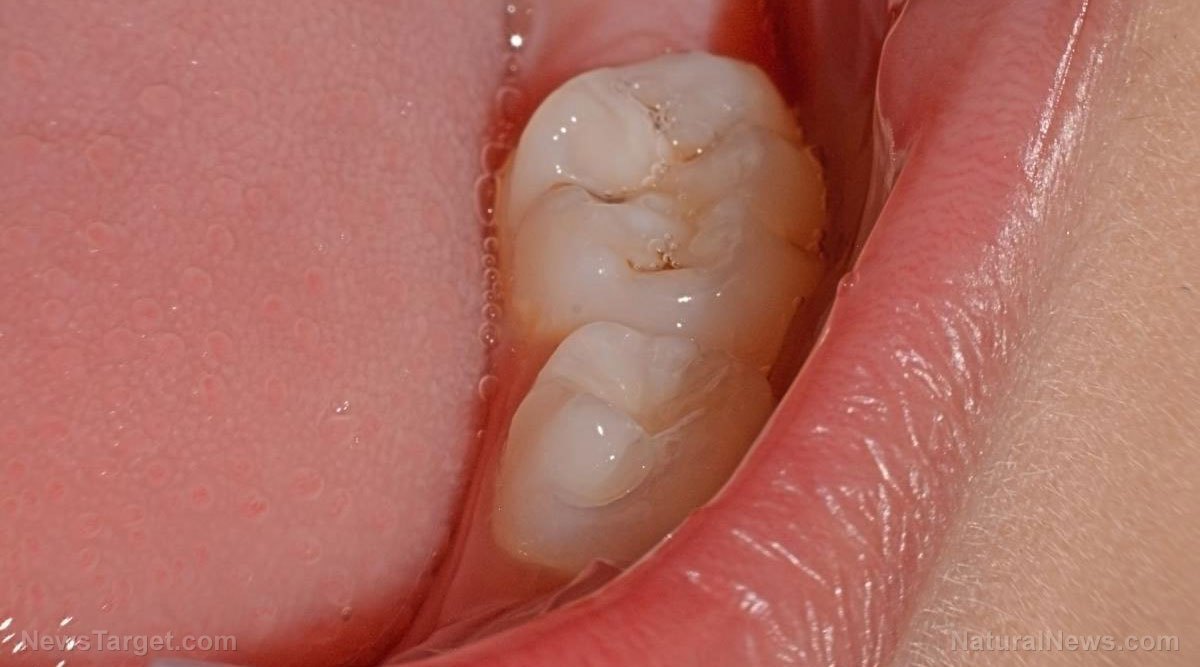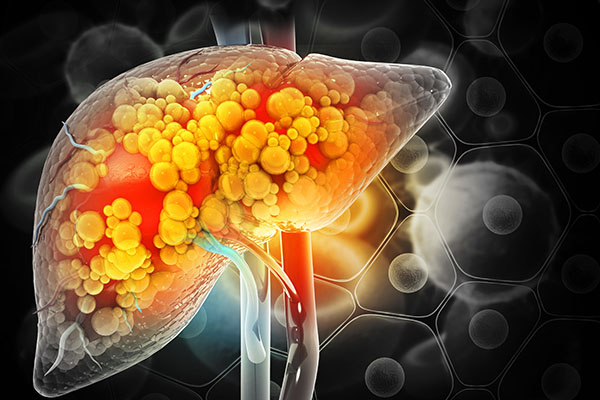A simple saliva test may predict pancreatic cancer risk
11/06/2025 / By Ava Grace

- A large-scale study identified 27 specific bacteria and fungi in saliva that create a powerful predictive profile, with a high-risk score tripling the odds of developing the disease.
- It found that known gum disease pathogens and certain fungi are part of this risk profile, providing a biological mechanism connecting poor oral health to cancer development deep in the body.
- Bacteria can enter the bloodstream through leaky, inflamed gums or be swallowed and travel through the gut, potentially reaching the pancreas and triggering chronic inflammation, a known cancer driver.
- A future saliva test based on this microbial signature could serve as a screening tool to identify high-risk individuals for enhanced monitoring of a cancer that is notoriously difficult to detect early.
- The research underscores that diligent brushing and flossing to disrupt harmful bacterial plaque is a simple, modifiable behavior with potentially life-saving benefits for overall health.
In a groundbreaking discovery, a simple saliva test may one day predict a person’s vulnerability to pancreatic cancer. A major study has found that a specific community of bacteria and fungi living in the mouth can more than triple the likelihood of developing this deadly cancer. The culprits are familiar microbes, including those responsible for gum disease, suggesting that the secret to preventing a systemic killer may lie in diligent oral hygiene.
The research, led by NYU Langone Health and its Perlmutter Cancer Center, represents the largest analysis of its kind. Published in JAMA Oncology, the study analyzed the genetic makeup of microbes in saliva samples from 122,000 participants. Over an average of nine years, the team identified 445 individuals who later developed pancreatic cancer.
The investigation was a microbiome-wide association study, scanning the entire community of oral microorganisms. Researchers identified 27 specific microbes that created a powerful predictive signature for pancreatic cancer. This group included 13 bacterial species that elevated risk and eight that appeared protective, along with several fungal species. The combined effect was staggering: Each one-unit increase in a calculated risk score tripled a person’s odds of developing the disease.
Among the most significant findings was the identification of three well-known periodontal pathogens—the primary architects of gum disease. This provides a tangible biological link between poor oral health and cancer. The study also broke new ground by implicating oral fungi, specifically several species from the Candida genus, in elevating cancer risk.
For years, observational studies have noted a correlation: Individuals with poor oral health, particularly gum disease, seem more vulnerable to pancreatic cancer. Previous, smaller studies had hinted at a microbial connection but lacked the scale to identify specific culprits. This new research fills that critical gap.
The study’s power lies in its prospective design. Saliva samples were collected from healthy participants years before any cancer diagnosis. This strongly suggests that the microbial imbalances preceded the disease, rather than being a consequence of it—a crucial piece of evidence for a potential causal pathway.
The journey from mouth to pancreas
How can bacteria from the mouth affect an organ deep within the abdomen? The mouth is a gateway, not an isolated ecosystem. Inflamed and diseased gum tissue becomes leaky, allowing microbes to enter the bloodstream during routine activities like chewing or brushing. This creates a steady drip of bacteria into the circulation.
Once in the blood, these microbes travel throughout the body. Another route is through the gut; swallowed saliva carries oral bacteria into the digestive system, from where they can potentially reach the pancreas. Once there, they can trigger a state of chronic inflammation, a known driver of cancer.
Chronic inflammation is a foundational mechanism behind many modern diseases, including cancer. When the body is in a constant, low-grade state of alarm due to a persistent microbial presence, it can lead to cellular damage and genetic mutations over time. The pancreas appears particularly vulnerable to this inflammatory onslaught.
This study reinforces that oral health is deeply integrated into overall systemic health. The same microbes linked to pancreatic cancer have also been implicated in cardiovascular disease, rheumatoid arthritis and Alzheimer’s disease. The mouth serves as a window to the body’s inflammatory status.
A new frontier in prevention and screening
Pancreatic cancer is notoriously difficult to detect early, which is a major reason its five-year survival rate remains a dismal 13 percent. Current known risk factors explain less than a third of all cases. This microbial risk profile opens a new avenue for prevention.
The researchers developed a tool that uses the presence of these 27 microbes to generate a personalized risk score. In the future, a routine saliva test could become a powerful screening method, flagging individuals for enhanced monitoring. This represents a paradigm shift towards personalized, preventive medicine.
While the study identifies a correlation, the public health message is unequivocal. Maintaining impeccable oral hygiene is a critical, modifiable risk factor for overall health. The basics of brushing and flossing are more important than ever. These actions work by mechanically disrupting plaque, a sticky biofilm of bacteria that forms on teeth.
“Good oral hygiene involves brushing your teeth twice daily and cleaning your tongue to remove plaque and bacteria,” said BrightU.AI’s Enoch. “It is also essential to floss at least once a day to clean the areas between your teeth that a toothbrush cannot reach. Furthermore, abstaining from smoking is critical as it weakens your mouth’s defenses against infections like gum disease.”
This landmark study transforms our understanding of the deep connections between oral ecology and systemic health. It suggests that the key to unlocking one of cancer’s most brutal mysteries may have been hiding in plain sight. The simple, daily act of caring for one’s mouth may be one of the most powerful forms of cancer prevention available.
Watch and learn about the importance of oral health.
This video is from The Highwire and Del Bigtree channel on Brighteon.com.
Sources include:
Submit a correction >>
Tagged Under:
breakthrough, cancer risk, dentistry, diagnostics, discoveries, health science, infections, Oncology, oral health, pancreatic cancer, periodontal pathogens, real investigations, research, saliva test
This article may contain statements that reflect the opinion of the author




















